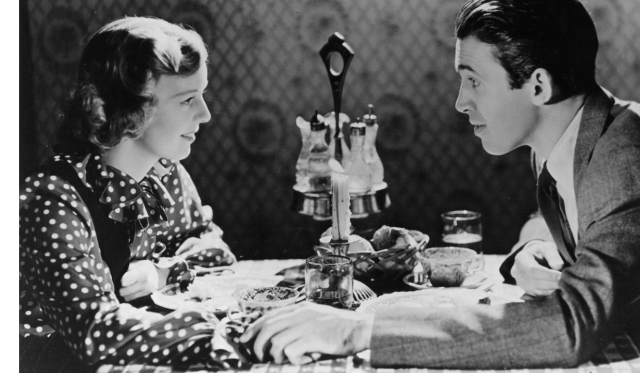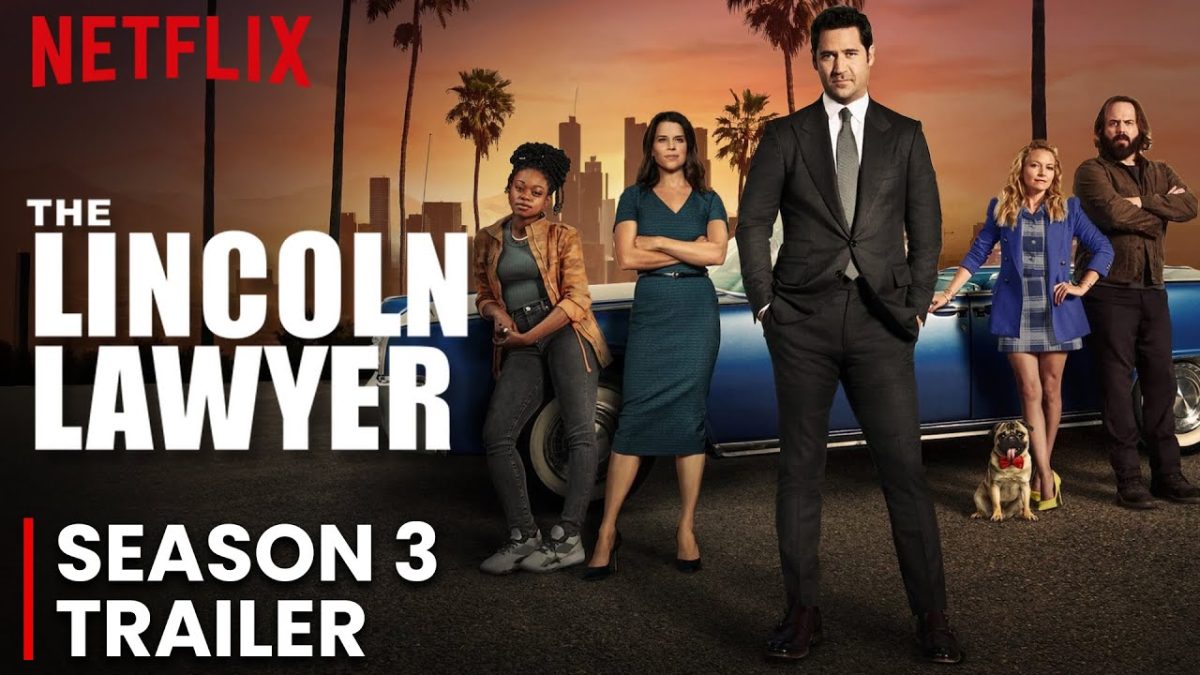The third season of The Lincoln Lawyer came out on Netflix on October 17, 2024. The Netflix series is based on Michael Connelly’s novels, inspired by the lives of two real lawyers, David Ogden and Dan Daly. It revolves around a criminal defense lawyer, Mickey Haller, who practices law in Los Angeles County. This season, Mickey Haller sports his classic Lincoln, a brand-new driver, and a sense of conviction for a friend’s undeserving death.
Spoiler Warning:
The first episode starts dramatically, as Mickey Haller investigates the murder of Giselle Dallinger (known as Glory Days) by social media influencer Julian La Cosse. Despite claiming innocence, the case presents significant challenges. Mickey uncovers suspicious elements and questions if someone else framed Julian. The episode introduces new allies and adversaries, challenging Mickey’s abilities.
In the following episodes, Mickey uncovers Giselle’s double life and suspects a motive linked to her secret activities. Mickey works with his team, including investigator Cisco and office manager Lorna. Mickey’s close connection to Giselle made the process all the more difficult for him to believe.
Fast forward to Julian’s trial, Mickey uncovers Giselle’s mysterious past and new suspects. The prosecution introduces evidence, but Mickey counters that someone else with access to Giselle’s world planted it to frame Julian. His personal life takes a backseat, and Cisco investigates on his behalf. The case becomes more complicated, with powerful forces potentially working against them.
To end off the 10-episode season, Mickey uncovers a client’s murder of Giselle, bringing justice to Julian but also highlighting corruption and adversaries’ dangers. Despite victory, Mickey reflects on personal sacrifices, particularly with Hayley, leaving the season on a bittersweet and contemplative note.
Although the flashy courtroom drama was certainly entertaining, I couldn’t help but wonder what the bridge between reality and exaggeration is. Mickey is constantly seen in court, determined to win at all costs and succeeding frequently.
Cheryl Singerton, a deputy district attorney (DDA) in Riverside, CA, expressed her thoughts regarding this gap: “One of the biggest differences is how adversarial they depict the attorneys. The legal community can be quite small in that you deal with the same attorneys over and over again, so while you can each be a strong advocate for your side, it does not need to be personal at the end of the day. Also, the win-at-all-cost mentality is not really a thing in criminal law. As a DDA, we try to abide by doing the right thing for the right reason every time. Lastly, doing trials is a very small percentage of our job, like less than 10%.”
In The Lincoln Lawyer, we see Mickey getting personally involved with clients often and this “win-at-all-cost” mindset and its aftereffects. Regardless of the show’s somewhat inaccurate portrayal of the litigation process, I enjoyed the humor and characterization of Lorna Crane (a law student who works for Mickey) working hard to pass the bar exam. As an aspiring law student myself, I will take it with a grain of salt.
When asked if law shows are a good exposure for students like me, Cheryl Singerton responded, “To some extent, law shows are good at exposing what the court system is like. It may give a skewed view of what it is like. As for criminal law, it dramatizes the most egregious cases when the reality is that cases you see on crime podcasts or TV shows are a very small percentage of cases that happen.”
Altogether, I did find it intriguing to watch this blend of morality and law within the show. If you are interested in legal dramas with a hint of suspense, this could be the perfect show for you.


























